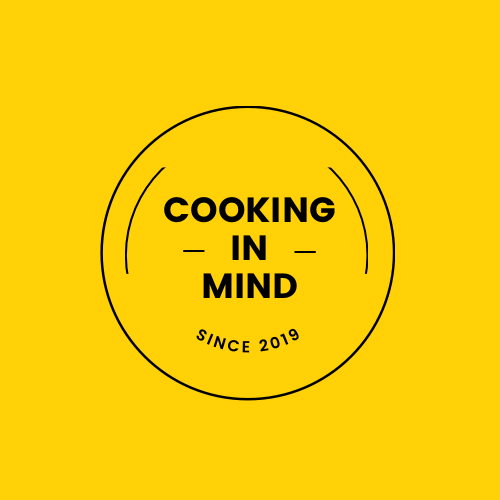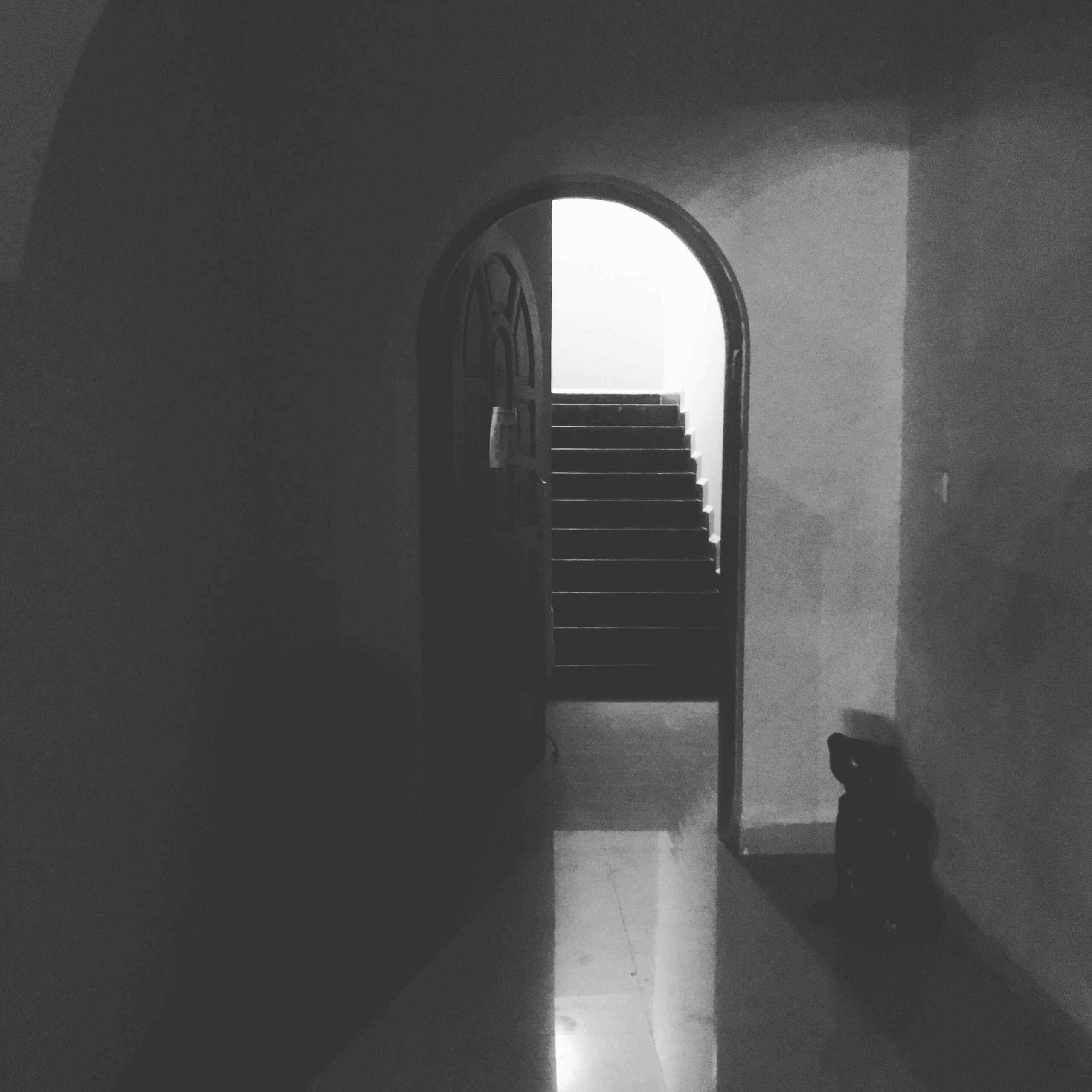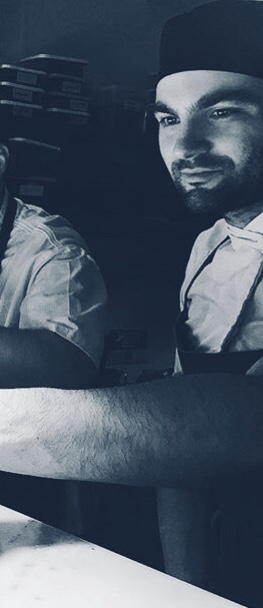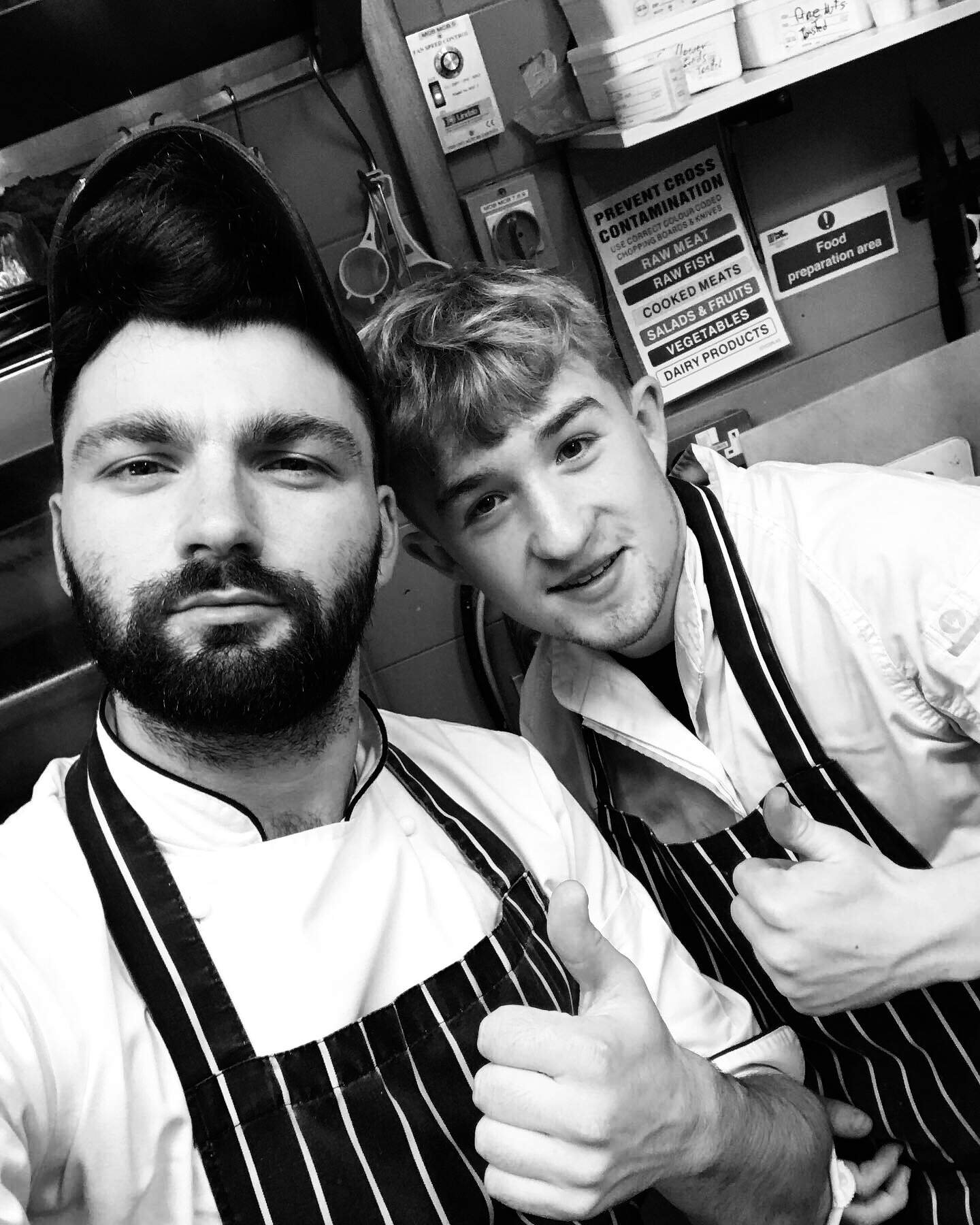A big daunting term? It doesn’t need to be.
Meditation is a broad term that has many meanings to different cultures and religions and is carried out in a multitude of different ways.
If you googled it now you would get many different definitions for what it means to meditate. Varying from enlightenment to changing the way your mind works.
What is Meditation?
It is important to choose your own definition for what you would like to achieve meditating. For me it is:
“To create a space to be connected with my true self, my true self not associated to stress or worry”
I like to strip back the term. Instead of setting out time to meditate, simply set out time to sit still.
How do you meditate?
You will find a huge amount of different techniques for how to meditate. For some this is great, choice is of course one of the great privileges of the internet but for me it becomes a little overwhelming. How do I choose? Which is right for me?
Traditionally most meditation techniques all require you to sit comfortably in a seated position and bring your attention inwards focusing on your body and your breathe. You then sit in this space for a set amount of time bring your attention back to your breathe or focus point each time you have a thought.
Like many I started with Headspace a few years back. The worldwide app has brought meditation to the masses. To keep it fresh however there are a huge number of different courses you can do for a technique that I think should be left much more simple.
Challenges of meditation?
When I spent time in India one thing I was doing was meditating every morning. To meditate fully you need be in a comfortable seated position, cross legged on a mat or cushion. This enables your body to stay alert. If you are supported in your seated position you mind can become too relaxed and you could sleep.
I’m afraid as a chef this will probably be incredibly difficult. When I started I could sit cross legged for about 2 minutes before my middle back, hips or groin screamed at me to get up. This is very normal and not something that should stop you.
Asana, the movement part of yoga which we are all familiar with is the way you stretch and strengthen your body to be able to sit cross legged and meditate.
I am in two minds as to whether or we call the monkey mind a challenge to meditation. It’s what we are looking to calm and control using meditation.
Finding your meditation?
A teacher of mine recently gave me a different perspective on meditation. Meditation simply doesn’t have to be this traditional way. For some it is great but its not for everyone.
We meditate whenever we are consciously taking control of our thoughts using focus.
For you, when do you feel you have control of your thoughts, your monkey mind? It is this time you can cultivate. Expand on. To meditate.
It could be…
Brilliantly for us… when you cook? Cooking is a great meditation. Next time you are kneading bread or stirring a risotto simply focus your mind on your breathe, or on the job at hand. If you have a thought, acknowledge it and then let it go. Don’t judge yourself (keep up your Ahimsa practice – see my post on Ahimsa).
or is meditation for you when you are in the bath, whilst on a walk, whilst running or whilst doing a yoga class?
So, don’t be overwhelmed by the term. Just appreciate the benefits and give it a go.
For me I have always found that the more I meditate the more I can take this calmer mind into life. The stresses of life or the stresses of the kitchen.
If you would like to chat about how you could benefit from meditation drop me a message and we’ll have a chat, and if you have other ways that you think you meditate then please share.
Id love to hear from you.
Namaste





